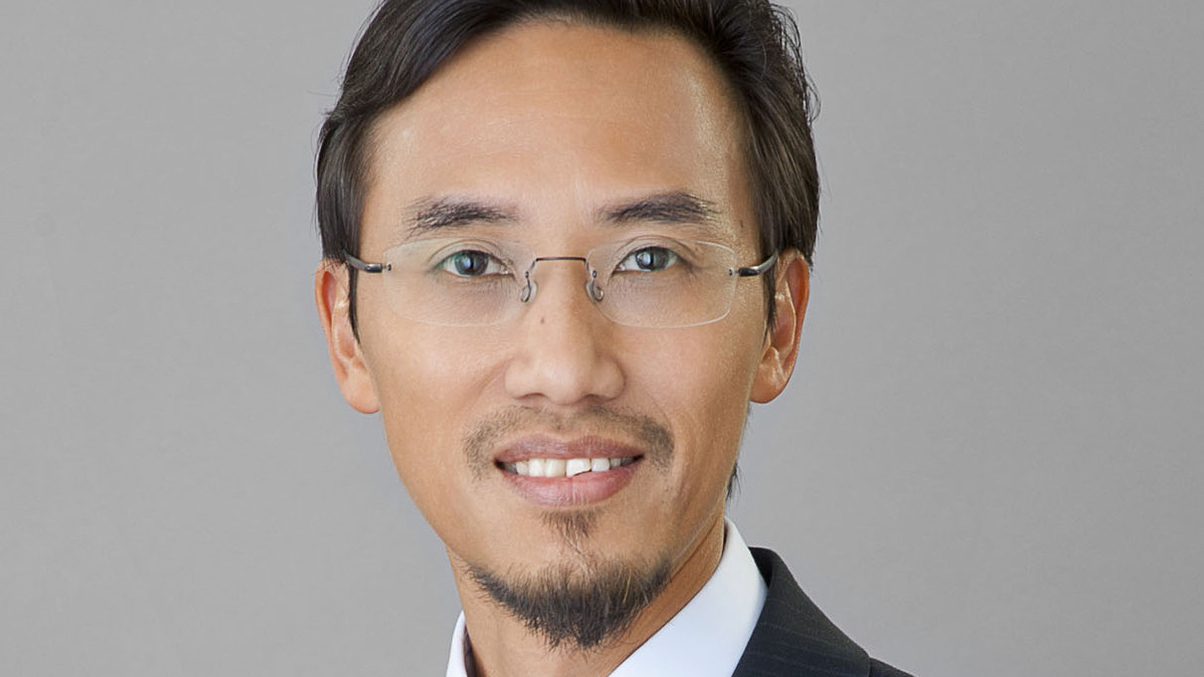Equity demand driving HK funds industry
A rebound in global and regional equity funds has seen Hong Kong record positive inflows, although bond and balanced vehicles have suffered. A bright future is forecast for RMB product.

Hong Kong’s funds industry is on course for double-digit growth on the back of a strong rebound in the sale of global and regional equity product, a forum heard.
Sign in to read on!
Registered users get 2 free articles in 30 days.
Subscribers have full unlimited access to AsianInvestor
Not signed up? New users get 2 free articles per month, plus a 7-day unlimited free trial.
¬ Haymarket Media Limited. All rights reserved.


